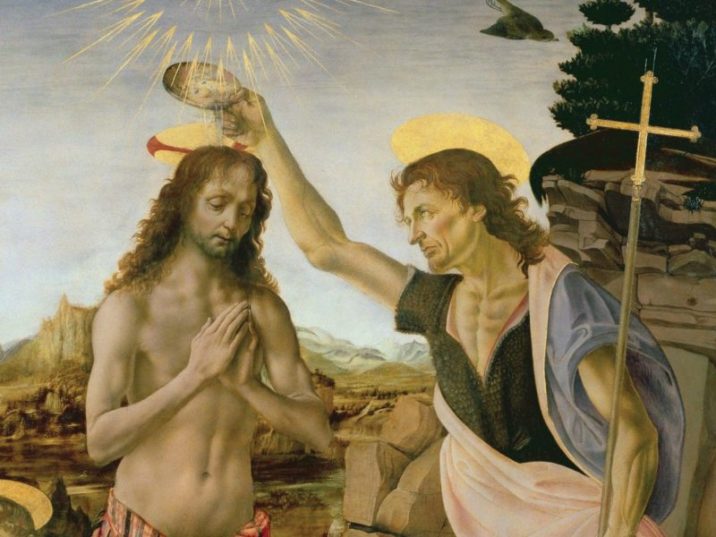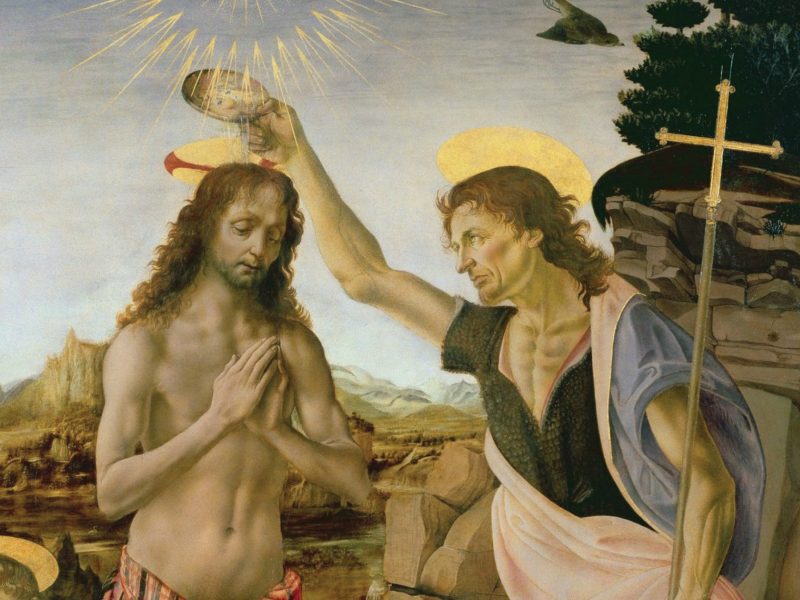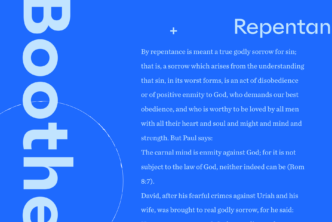Michael Bird has just released a new book (surprise!), Jesus the Eternal Son: Answering Adoptionist Christology. As the subtitle makes explicit, the book confronts adoptionism, which is the idea that Early Christianity believed Jesus was adopted into his role as the Son of God, rather than being such from time eternal.
I sat down with Mike recently to get a brief overview of the book, which I am pleased to present exclusively here on theLAB.
1. What is the big idea of this book?
The basic gist of my book is that adoptionism, the belief that Jesus was a man who got adopted as God’s Son, was not the earliest christology. Some people across the centuries did come to believe that, but as far as I can tell, it was not until the late second century.
2. How do you define adoptionism? Why has it been a challenge to Christianity?
In brief, according to adoptionism, there was a time when Jesus was not the Son of God. Jesus became the divine Son at some point, baptism or resurrection. The view was rejected because it denies that Jesus participates fully in the divine being and divine identity. He is merely a human creature elevated to divine status and one creature cannot redeem another creature.
3. What forms, if any, of adoptionism do you see in modern day Christianity?
Many Unitarians hold to an adoptionism of some form. But it is certainly not the main heresy I see doing the rounds. My beef is mainly with scholars who think that adoptionism was the first christological triage, the first attempt to explain who Jesus was and how he related to God the Father.
4. Briefly, how was adoptionism dealt with in the early church?
Well, the proto-orthodox and orthodox church regarded it as “heresy,” especially the version called dynamic Monarchianism associated with Paul of Samosata.
[callout img=”https://cmrc1.logoscdn.com/www.logos.com/images/products/144077.jpg?76206967808″ text=”Get Bird’s new book on Logos” link_url=”https://www.logos.com/product/144077/jesus-the-eternal-son-answering-adoptionist-christology” link_text=”Jesus the Eternal Son: Answering Adoptionist Christology”]5. How does the Gospel of Mark present Jesus as both a counter-Imperial critique to the Roman Emperor-cult and a Messianic extension of Jewish monotheism in a non-adoptionist Christology?
The title “Son of God” evokes themes and resonances from both the Jewish world and the Greco-Roman world. In the Jewish context, “Son of God” means King, Davidic descendent, or God’s anointed ruler. Also, the designation “Son of God” or “Son of the divine Augustus” could be used of emperors to underscore their superlative status and honor as a quasi-divine benefactor of the empire empowered with supernatural qualities. I think Mark stresses that Jesus is the Davidic Son of God and he is in every sense the truest Son of God that even rivals anything claimed for the emperor.
6. In the fourth chapter, you spend time working through four christological evidences of Jesus’ exalted divinity: Jesus as kyrios, his power to forgive, theophanic demonstrations, and assuming divine authority. How would you respond to an adoptionist critique of that section which might note that, since Jesus had already been deified or brought into divine power, these functions or capacities were natural characteristics enhanced by Gospel writers such as Mark?
Well in that case, I’d contest whether Jesus ever “became” divine at an earlier point.
8. Citing the Shepherd of Hermas, along with two other groups from the second century, you work through claims about this text (and groups) utilizing adoptionistic language. A critic of this section might point out that if we sorted through some of the “lost Gospels” along with other works from Gnostic or other disenfranchised groups we would find many examples of early adoptionistic texts which were removed by leaders in the Church. How would you respond to such a criticism?
In the case of the Shepherd of Hermas, written in Rome around 140 AD, its christology is not adoptionistic, in fact, it is rather incoherent and almost inexplicable: Jesus is an angel, the Spirit, a divine Son, a man. . . it does not hold together well.
In the case of other literature, like the Gospel of Hebrews, I’m not convinced that they are adoptionistic. They might not be “orthodox,” but I don’t see evidence for adoptionism here. We have to remember that this literature is often fragmentary and views of “heretics” come to us largely via the church fathers who did not always give these people a fair presentation. But as far as I can tell, the first real bonafide and full-monty adoptionists were a group in Rome called the Theodotians.
9. For readers interested in this topic, what are some good texts, from a variety of positions, you might recommend after reading your book?
Readers might appreciate a book I edited called How God Became Jesus: The Real Origins of Belief in Jesus’ Divine Nature – A Response to Bart D. Ehrman which deals with the incarnation.
Otherwise, Richard Bauckham’s God Crucified and Larry Hurtado’s Lord Jesus Christ: Devotion to Jesus in Earliest Christianity are probably the best books written in the last twenty years.







